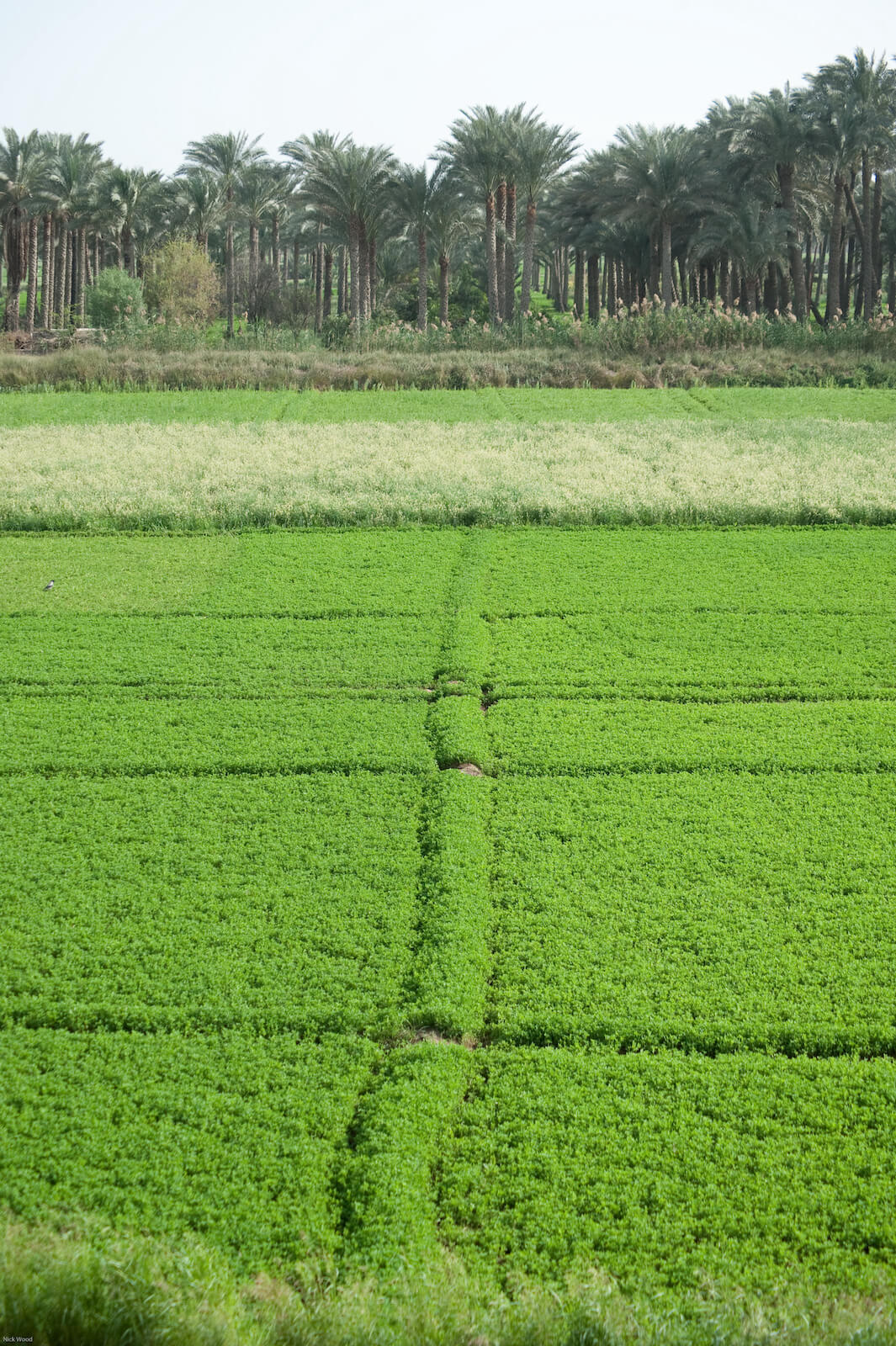Fertiglobe Reports Q2 Profit Growth Amid Decline in H1 Performance

Revenue for the quarter stood at $566 million, up from $496 million a year earlier, demonstrating a solid year-on-year growth. The company’s performance has been buoyed by the steady demand for fertilizers, although the results highlight some underlying challenges that Fertiglobe is facing across the wider market.
The company’s first-half 2025 results, however, tell a more complex story. Fertiglobe's net profit for H1 2025 fell by 29% to $92.8 million, down from $131 million in H1 2024. The previous year's figures were bolstered by a one-off foreign exchange gain of $81 million, which significantly impacted the year-on-year comparison. Without this gain, the company's profitability for H1 would have shown a sharper decline.
The decline in the half-year results is largely attributed to a combination of market volatility and fluctuating global commodity prices. Fertilizer prices, which had surged during the pandemic, have faced downward pressure as supply chains have stabilized and global production ramped up. This has led to some margin compression for companies in the sector, despite strong demand in regions such as Europe and the Middle East.
Fertiglobe, which operates a range of production facilities across the UAE and Egypt, has faced challenges due to external factors such as geopolitical tensions, fluctuations in global energy prices, and shifts in agricultural demand. The company's financial performance has been closely tied to these global trends, and the fertilizer sector has been one of the key industries affected by inflationary pressures and energy cost increases.
The decline in H1 profit has sparked discussions about the sustainability of Fertiglobe’s earnings growth in the medium term. Analysts have pointed out that while the company's Q2 2025 performance was solid, the pressure from external economic factors may continue to weigh on results. Fertiglobe’s ability to maintain profitability in the coming quarters will depend on its capacity to manage cost inflation, especially in natural gas and raw material prices, which make up a substantial portion of fertilizer production costs.
The company has been navigating the evolving regulatory environment in both the UAE and Egypt, where government policies on subsidy reforms and environmental regulations are continuously changing. Fertiglobe has taken steps to adjust to these regulatory shifts by investing in more sustainable production methods and enhancing the efficiency of its operations. However, such initiatives come with significant upfront costs, which may impact short-term profitability despite their long-term benefits.

Join the conversation